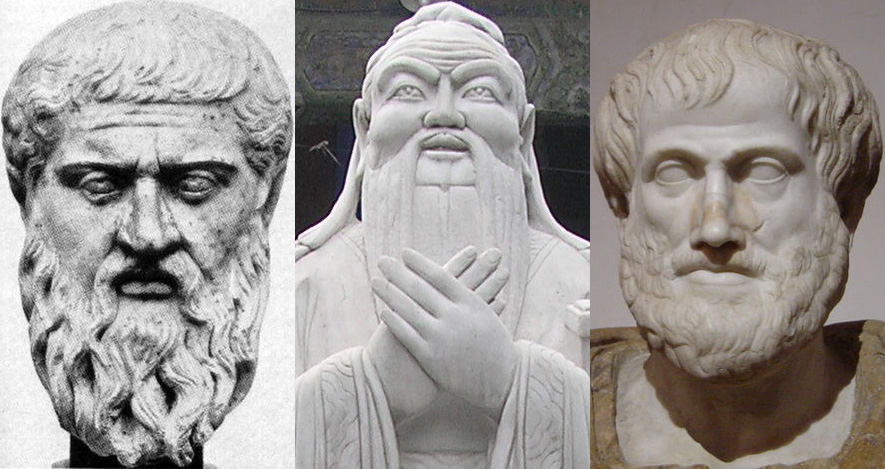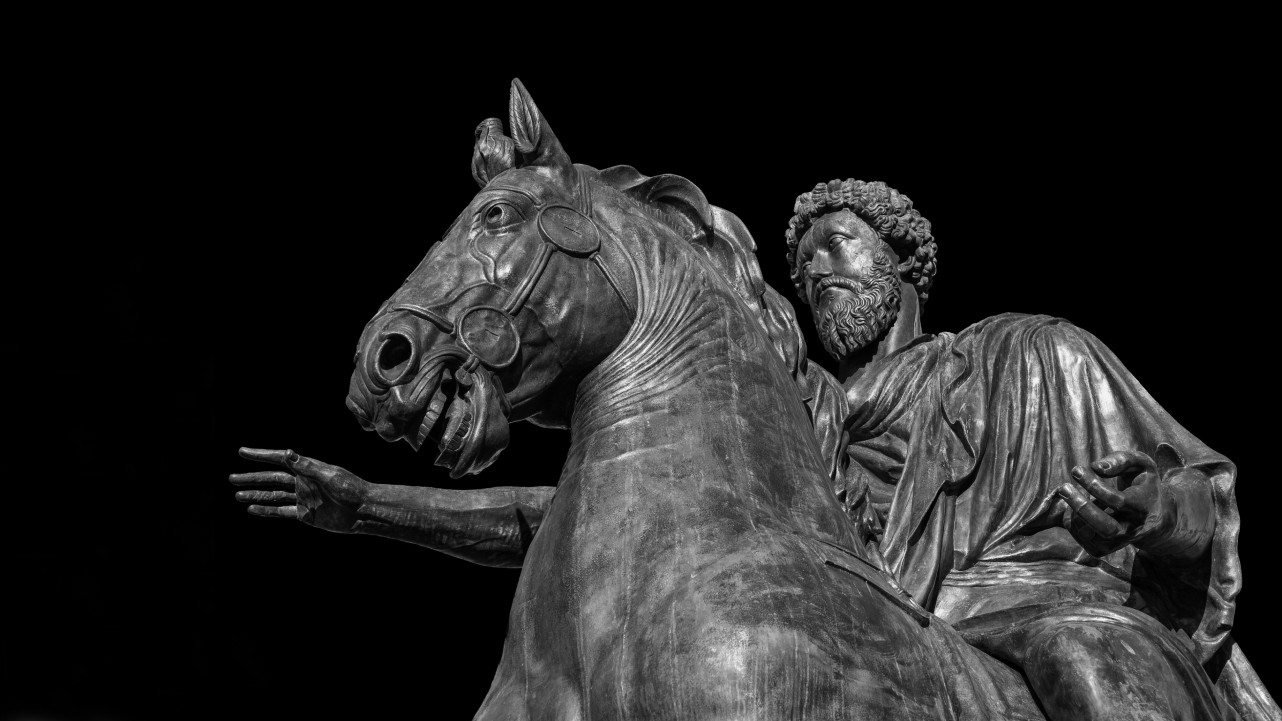“My job is writing for people to enjoy and then writing about a broader and a deeper world,” says Mosley. Too many aspiring writers forget about the first half of the equation.
Question: What are the biggest misconceptions people have about a writer’s life?
Walter Mosley: The biggest misconception that people have about the literary life is the romance of it. That, you know, that a writer has this large world available to him or her of people, of ideas, of experiences, of interchange of ideas; that they don’t understand really, not how isolated the life of that person is because the life of that person is dependent on who they are, but the literary life of that person. How hard it is to get recognized, how hard it is to get people to read your books. How hard it is to get people to even to understand what they’re reading when they’re talking to you about their books. The idea is... and a lot of people who think about writers actually think about reading. They’ll say, you know, they’ll think about the great novels, this oh, you must have read you know, Albert Camus and Virginia Wolff and Shakespeare, when really you know, the books that made you become a writer was "Tom Swift" and the "Hardy Boys" and "Nancy Drew." That the love of writing comes at a very early age, you know, like for me for instance, comic books so affected me. And you know, a lot of people who come up to me and start talking about writing, when I start talking to them about the "Fantastic Four," they look at me aghast. They say, “'The Fantastic Four?' That’s not literature.” I say, “Yeah, but it was when I was 11 years old.” This was literature. This was telling me what life was about. This was how I kind of entered life, through fiction. And you know.
I think that that’s a big, you know. I always tell people, well you know, if a young girl read "Beloved" as her first novel, she’d have to kill either herself or her mother, you know, because in "Beloved" you have a mother killing their children. This is not something a child would accept very easily. You know, and would never understand. And so "Nancy Drew" is much more suited for a eight-, nine- or 10-year-old girl.
Question: Why do some people disregard popular forms of writing as being less worthy of attention than what we’ve dubbed “the classics”?
Walter Mosley: Now the interesting question about people going to the classics when they think about books is that because people don’t understand what the classics are. Like for instance, William Shakespeare was a popular writer, he was a writer who wrote for everybody, you know from the lowest drunk down in the pit to the kind and the queen sitting up in the high seats.
Mark Twain, Charles Dickens, you know, Victor Hugo. I mean all of these people, they’re popular writers. They’re writing to the broadest range of people. Later on, those writings became codified and boy, this is great literature. Well, yeah, it’s great literature, but it was popular literature when it was written. And that’s almost all of literature that survives starting from Homer. You know? It’s the adventure. It’s the story, it’s the fight, it’s people falling in love, it’s people with deep you know, personality disorders who succeed anyway, you know, beyond themselves. That’s what great literature is.
And the problem is, is that once we have made it, we call it great literature, we look at it in a different way. So when that literature exists today, you know all great popular literature today one day will be seen as great literature and will no longer be seen as popular literature.
So you know, it’s just a problem. The thing is, writers have to remember that. Writers have to remember it. This is my job. My job is writing for people to enjoy and then writing about a broader and a deeper world.
Recorded November 10, 2010
Interviewed by Andrew Dermont
Directed / Produced by Jonathan Fowler





